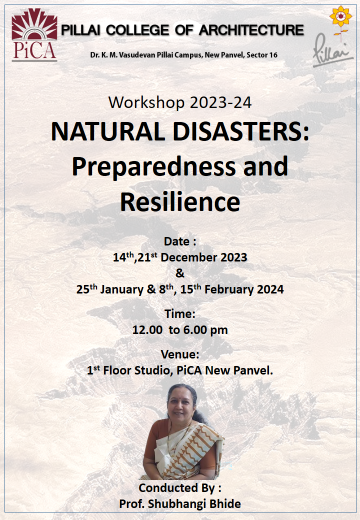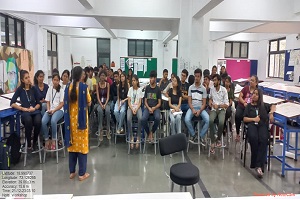| Subject | Workshop |
| Session | 2023-24 |
| Year | 2nd year, B.Arch. |
| No. of Days | 5 |
| Time | 9:00 a.m. - 5:30 p.m. |
| Venue | 2nd floor |
| Conducted by | Prof. Shubhangi Bhide |
Aim:
The aim is to enhance understanding of the frequency, intensity, and impact of natural disasters, particularly on vulnerable populations, in order to improve preparedness and mitigate their adverse effects on lives and livelihoods.
Objective:
- Analyse data on the frequency and intensity of various natural disasters globally.
- Assess the specific vulnerabilities of populations to natural disasters.
- Evaluate the effectiveness of existing infrastructure and disaster response mechanisms in mitigating the impact of natural disasters.
- Identify key factors contributing to the reduction of the global death toll from natural disasters.
- Propose strategies and interventions to enhance preparedness and resilience in vulnerable communities.
Workshop Description:
Natural disasters pose significant threats to lives and livelihoods, particularly in vulnerable communities with limited resources and infrastructure. This workshop aims to deepen participants’ understanding of the frequency, intensity, and impact of natural disasters. Through interactive sessions and case studies, participants will explore strategies to improve preparedness, mitigate risks, and enhance resilience in the face of natural hazards.
Expected outcomes in terms of students understanding and skills:
Skills:
Data analysis and interpretation to understand patterns and trends in natural disaster occurrence.
Knowledge of socio-economic factors influencing vulnerability to natural disasters.
Understanding of infrastructure development and disaster response strategies.
Ability to conduct risk assessments and identify mitigation measures.
Communication and collaboration skills to engage with stakeholders and advocate for policy changes.
Expected Outcome:
Increased awareness and understanding of the impact of natural disasters on vulnerable populations.
Development of evidence-based recommendations for improving disaster preparedness and response.
Strengthened capacity of communities and governments to mitigate the effects of natural disasters.
Reduction in the loss of lives and livelihoods due to enhanced resilience and adaptive measures.
Contribution to global efforts aimed at achieving sustainable development goals related to disaster risk reduction and resilience building.
Schedule:
| Date | Session No. | Description | Expected Outcome |
|---|---|---|---|
| 14th December, 2023 | 1 | Understanding Natural Disasters | Data Analysis and Group Discussion |
| 21st December, 2023 | 2 | Assessing Vulnerabilities | Identifying and Mapping Vulnerable Communities |
| 25th January, 2024 | 3 | Evaluating Infrastructure and Response Mechanisms | Evaluating the Effectiveness of Existing Infrastructure |
| 8th February, 2024 | 4 | Mitigation and Resilience Strategies | Developing Resilience Strategies |
| 15th February, 2024 | 5 | Advocacy and Action Planning | Developing Advocacy Campaigns |
Day 1: Understanding Natural Disasters
Morning Session:
- Introduction to Natural Disasters and their Impact
- Overview of Global Trends in Natural Disasters
- Case Studies: Historical Natural Disasters and Their Effects
Afternoon Session:
- Workshop Activity: Data Analysis of Natural Disaster Frequency and Intensity
- Group Discussion: Factors Contributing to Vulnerability.
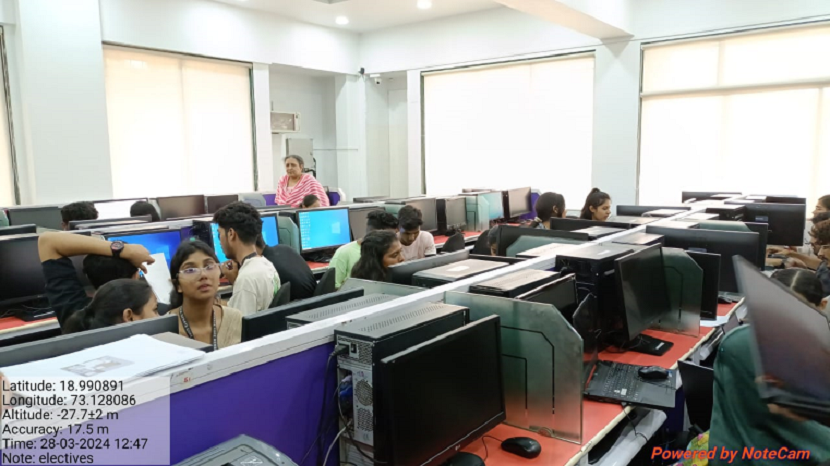
Day 2: Assessing Vulnerabilities
Morning Session:
- Identifying Vulnerable Populations: Socio-Economic Factors
- Workshop Activity: Mapping Vulnerable Communities
Afternoon Session:
- Guest Speaker Session: Experience Sharing from Disaster-Affected Communities
- Case Study Analysis: Assessing Specific Vulnerabilities

Day 3: Evaluating Infrastructure and Response Mechanisms
Morning Session:
- Overview of Infrastructure Development and Disaster Response Strategies
- Workshop Activity: Evaluating the Effectiveness of Existing Infrastructure
Afternoon Session:
- Panel Discussion: Challenges and Innovations in Disaster Response
- Case Study Analysis: Successes and Failures in Disaster Response Mechanisms
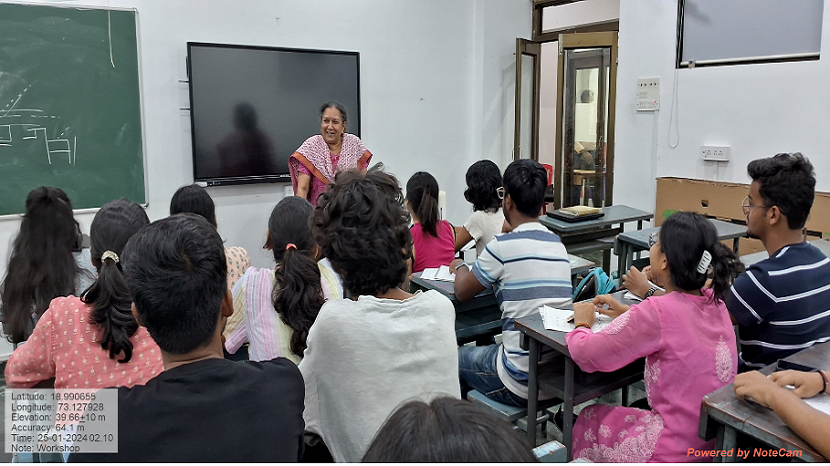
Day 4: Mitigation and Resilience Strategies
Morning Session:
- Understanding Risk Assessment and Mitigation Measures
- Workshop Activity: Developing Resilience Strategies for Vulnerable Communities
Afternoon Session:
- Group Presentation: Proposed Mitigation and Resilience Interventions
- Feedback and Discussion Session
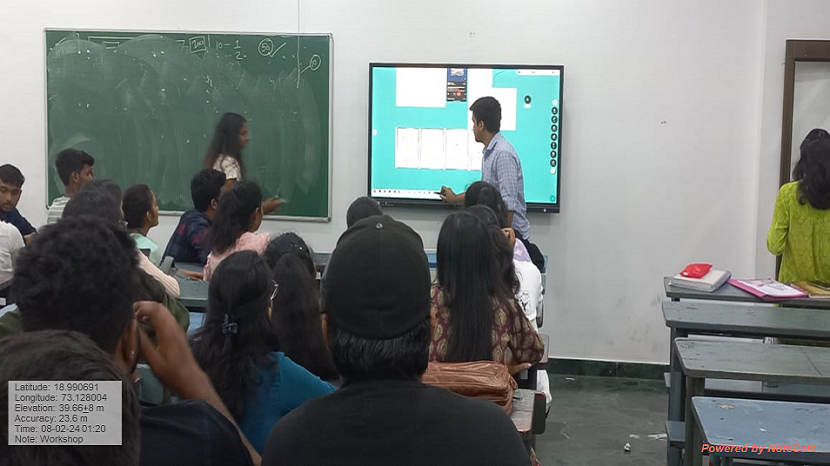
Day 5: Advocacy and Action Planning
Morning Session:
- Communication and Collaboration Skills for Advocacy
- Workshop Activity: Developing Advocacy Campaigns for Disaster Resilience
Afternoon Session:
- Action Planning: Implementing Strategies and Interventions
- Workshop Reflection and Closing Ceremony

Expected Outcome:
Participants will gain a comprehensive understanding of natural disasters, their impact on vulnerable communities, and strategies to enhance disaster preparedness and resilience. They will develop skills in data analysis, risk assessment, communication, and advocacy, contributing to the reduction of loss of lives and livelihoods in disaster-prone areas. Additionally, participants will collaborate to propose evidence-based recommendations for improving disaster response and resilience building efforts, contributing to global sustainable development goals.
